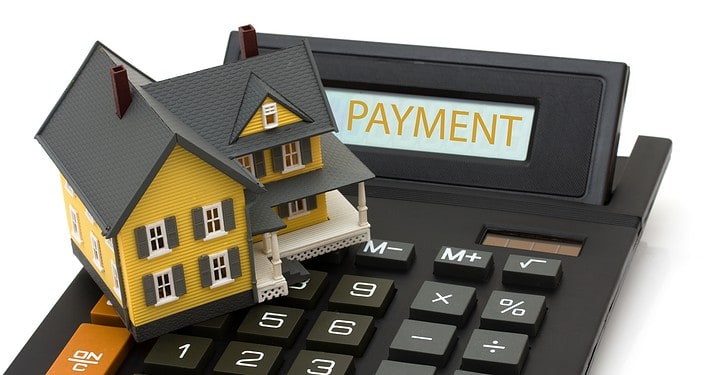There are very few exceptions wherein some individuals do not have to pay taxes. With that being said, just about everyone who owns a home and/or commercial building has to pay property taxes every year. It doesn’t matter whether you receive a bill or not. Sooner or later, the county will learn of the taxes you owe and bill you for every year you did not pay, plus penalties and interest. If you do not pay, the county will foreclose on the property, and sell it for at least the amount you owe plus their expenses.
Yes you can. Contact your county’s Tax Assessor’s office and make an appointment to make arrangements to pay. They will work with you if you pay monthly payments in a timely manner. However, if you do not, they will file suit against you to reduce the amount owed to a judgment. If you do not pay the entire amount at that point, they will list your property for sale at auction and sell it for the best price they can get.
Yes, but if an individual cannot comfortably make monthly payments for their back taxes, it is unlikely could they will be able to come up with the money all at once to pay at auction. The bidding starts at the amount of money owed to the county and goes up from there. If you are the highest bidder, the county requires you to pay the entire amount by certified check within two hours of when the auction closes.
Maybe. It depends on what the new owner wants to do with their newly acquired property. You may be able to rent the property from the owner, but the new owner may begin eviction proceedings. If you are legally evicted, you will have to move. If you refuse, the sheriff will forcibly move you out.
Yes, but it will take money. If the property was your home, you have up to one year to pay the new owner the amount they paid for the property, plus a 25% premium. If you can pay that amount, you have redeemed the property and now own it again.




 (1-888) 642-2726
(1-888) 642-2726